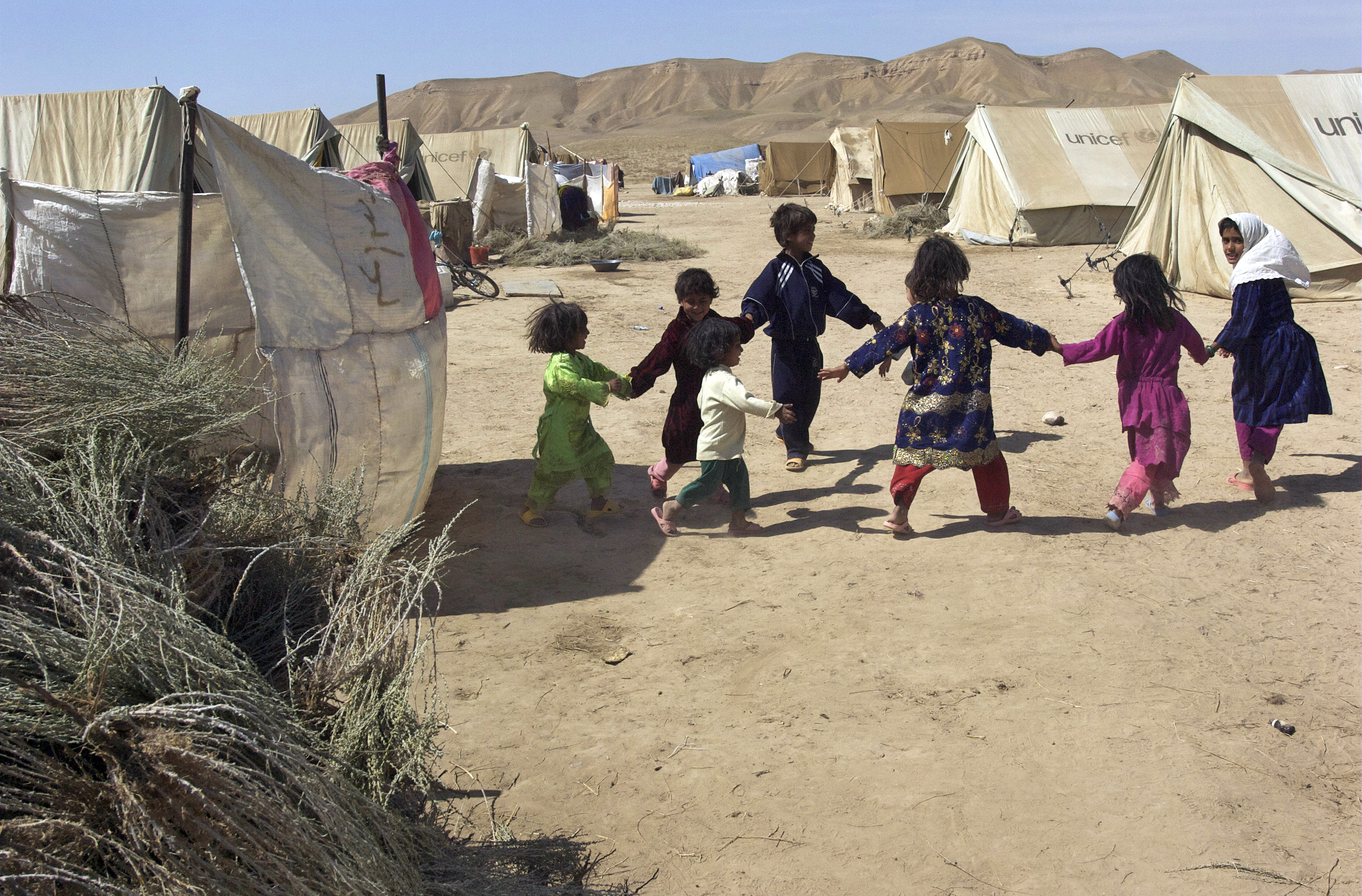

And we call on all other parties who have put measures in place to honour their commitments in full.

We therefore call on all parties listed within the annex of the Secretary-General’s report that have not put these measures in place to do so as a matter of priority. The United Kingdom considers the agreement and implementation of the UN Action Plans to be a vital step in improving the protection of children. Authorities should seek alternatives to detention and if they do detain juveniles, they should prioritise their rehabilitation and reintegration, and fully protect their human rights. No child should be detained unless they are charged with a recognisable criminal offence, and only in accordance with international law and juvenile justice standards. In some conflicts, there has been a growing trend to detain children on security charges. In the many conflicts taking place around the world, children are being maimed and killed, recruited and used as child soldiers, and denied basic humanitarian access. It shows that grave violations continue to be committed on an increasing scale. That is why the evidence in the annual report is so alarming. Children are innocent bystanders in times of conflict, caught up in the atrocities taking place around them. When it comes to children’s lives, no effort can be spared. I would also at this juncture like to acknowledge the contribution of Mubin Shaikh and his personal insight into this important area.

I would also want to thank the Secretary-General for his report on Children and Armed Conflict, and also the contribution of the special representative Ms Gamba, for her insights on children in armed conflict and her important work in this area, and in doing so to recognise the hard work done by the UN country task forces and Peace Operations – often in difficult circumstances – to provide reliable, evidence-based information on violations against children. Thank you Mr President for convening today’s important debate.


 0 kommentar(er)
0 kommentar(er)
